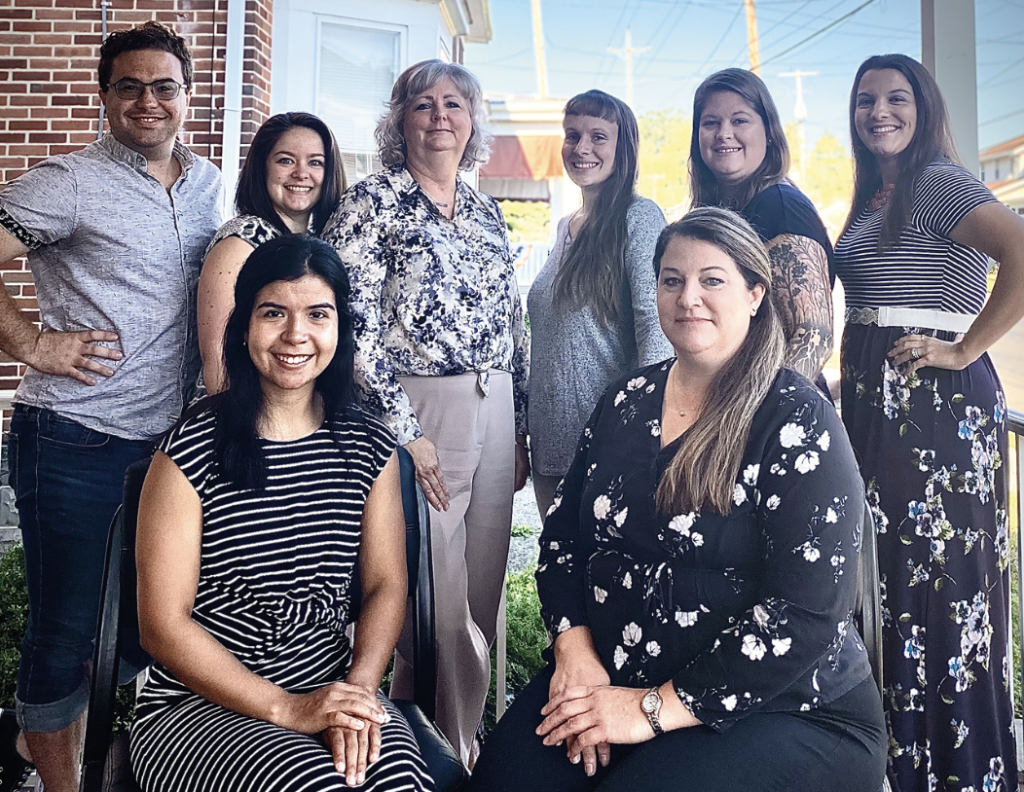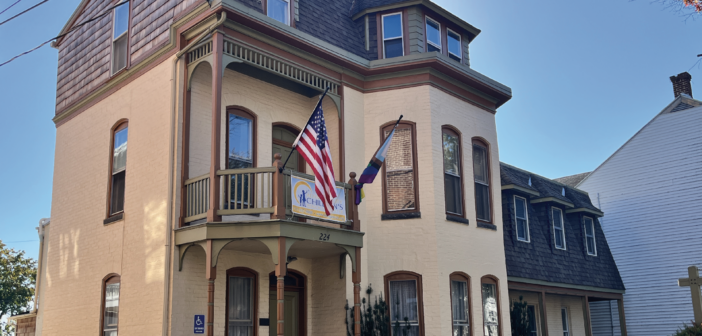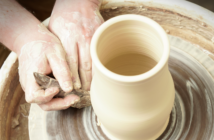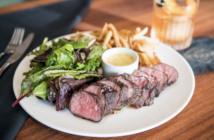Help, Hope, and Healing For the Children, For the Community
By Karen Hendricks
During the past fiscal year, 227 Adams County children received support through the Adams County Children’s Advocacy Center (ACCAC), along with 219 caregivers and 272 siblings.
Behind each number is a personal story involving trauma—and healing.
“We want to make sure that, through everything we do, children know that we care, we respect them, and we are here for them,” says Elida Murray, ACCAC’s executive director.
Founded in 2006, the nonprofit organization’s mission is to provide “a child-friendly, trauma-informed supportive environment to help children through the trauma of abuse from initial outcry to hope and healing.” All services are free and available to the public.
“We ease families into this process,” says Karina Padilla, ACCAC child and family advocate. Support often begins with parents seeking help for their children as a result of trauma caused by abuse, such as sexual or physical abuse, or children witnessing violence.

While ACCAC and its eight-member staff helps families and their healing, they also serve as liaison to Adams County law enforcement and the investigative process.
One in four girls and one in six
boys are abused before the age of 18, says Murray.
“I think what our community needs to know is that abuse is very prevalent,” says Andrew Adcock, ACCAC’s community outreach and education coordinator. “We’re a rural community that often draws a veil—that bad things don’t happen—furthering the need for education to prevent it from happening. Data shows if we can prevent it, it has a positive ripple effect on the local economy, community health, and other community impacts.”
ACCAC also organizes support groups. For instance, the Inner Circle Girls Group was created three years ago to help middle and high school girls suffering from sexual trauma.
“It focuses on understanding the neuroscience of trauma, empowerment, and how to have a healthy relationship,” Murray explains. “We’re also in the process of developing a boys’ support group, which is very challenging because boys and young men don’t often get the support they need.”
Survivor Saturdays are launching soon, using art therapy to help older teens and adults. This type of support is ongoing, as trauma can resurface, especially during puberty—a time when children wrestle with forming their sexual identity.
Although ACCAC’s services continue to grow, they’re still not able to fully meet community needs, Murray says.
“The mental health program is a real challenge, not only in our community, but in Pennsylvania as a whole,” Murray explains. “There’s a significant lack of trauma therapists. In January of 2020, we brought our mental health services in-house—we offer completely free mental health services to children. But our waitlist is longer than we’d like it to be so, ultimately, we’d like to expand services.”
Additional needs are on the horizon, primarily pandemic induced, but ACCAC is positioning itself to prepare for those challenges.
The organization’s physical location, which has always been at 450 W. Middle St. in Gettysburg, is shifting. The nonprofit recently purchased a large Civil War-era Victorian house at 224 Baltimore St. and is already offering community education and other support services there.
“Brighter Tomorrow” renovation plans will allow the agency to house all current services under one roof with room for future growth at the location.
Financially, ACCAC’s budget has grown in tandem with its expanded services through the years to nearly $650,000. The financial formula includes a mix of county, state, and federal funding, plus private sources and community support—especially through ACCAC’s fundraisers and events, such as their recent first-ever golf tournament.
“The community understands the importance of knowing that children are safe,” says Murray, “and I believe that drives people’s decisions to donate.”
As for Murray, she’s been driven by her own childhood trauma into a lifelong career in human services.
“I’m 59 years old, and I experienced abuse myself when I was 4,” Murray explains. “I didn’t have access to any of these things as a child, and it took me a long time to overcome that trauma. I think about what would have been—how my life would have been different. That’s my driver.”
Meet Crusader
There’s a new—and furry—face at the Adams County Children’s Advocacy Center (ACCAC). Crusader is a dog on a mission. He’s in training to become the ACCAC’s resident cuddler-in-chief.
“Dogs are empathic in a way that sometimes we [humans]aren’t as good at,” says Elida Murray, ACCAC executive director. She witnessed the comforting, calming effect that a dog has upon visitors at her previous position at a Baltimore children’s advocacy center.
Although Crusader is still a puppy, he goes to work with Murray every day to lay the foundation for his future. Seeing a puppy often brings smiles—and learning his breed often brings laughs. That’s because he’s a Burmadoodle, a Burmese mountain dog and poodle, and it’s also a fun word to say.
“We think Crusader will provide an environment of comfort,” Murray says.
“Plus, he’s a great conversation starter. It doesn’t hurt that he’s cute.”
For more information on the Adams County Children’s Advocacy Center, visit kidsagaincac.org.
A Day of Giving
2022 Giving Spree
The Adams County Community Foundation’s Giving Spree is Adams County’s annual day of giving, where the community comes together to learn about local nonprofits and is encouraged to support them.
This year’s event takes place on November 3, and you can participate in person, by mail, or by visiting
www.adamscountycf.org
To make a donation to the Adams County Children’s Advocacy Center,
use Giving Spree code #7.




